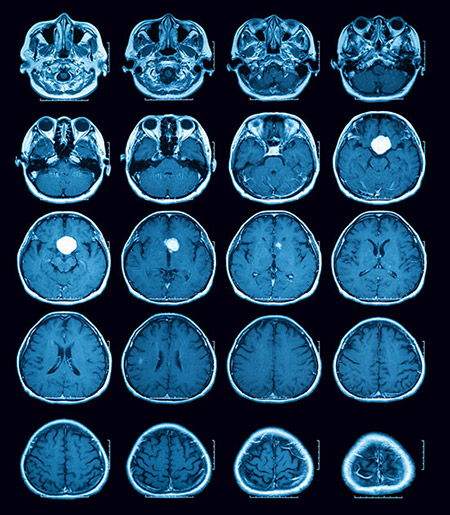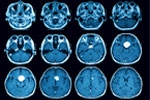
Magnetic resonance angiography, also known as (MRA), is a type of MRI that looks specifically at the body's blood vessels. It is used to identify abnormalities and potential health issues. MRA does not use radiation but may require an injection of contrast material. If contrast is needed, it is administered through an intravenous IV needle. During magnetic resonance angiography, the patient will lay flat inside the MRA imaging scanner. The MRA scan may last between 1 to 2 hours, depending on the body area or part undergoing the test.
Speak with your doctor about any health problems, recent surgeries, allergies, and if you think you might be pregnant. The magnetic field is not dangerous, but it may cause some medical devices to malfunction.
If your physician suspects you may have a narrowing or blockage of a blood vessel in your body, magnetic resonance angiography can be recommended.
What are the top 3 diseases that MRA is used to diagnose?
- Aneurysm - a weakness in the wall of an artery that eventually ruptures. An aneurysm can occur in any part of your body; they are most commonly diagnosed in the: brain, aorta, legs, and spleen.
- Stroke - a stroke is a drastic interruption in the blood supply of the brain. Most strokes are caused by an abrupt blockage of arteries leading to the brain or bleeding into the brain tissue after a blood vessel bursts.
- Renal artery stenosis - renal artery disease is caused by the buildup of plaque in the arteries that lead to the kidneys. Blockage in the renal arteries, known as renal artery stenosis, can cause high blood pressure, congestive heart failure, and kidney failure.
Magnetic resonance angiography may be done on an outpatient basis or during a hospital stay. The scan typically causes no side effects or complications. A radiologist, a doctor trained to interpret radiology exams, will analyze the images. The radiologist will send a report to your primary care or referring physician, who will share the results with you.
If you need to get an Magnetic resonance angiography or (MRA), contact Houston MRI at 713.425.8190 and set up a consultation today.
Our Houston MRI ® & Diagnostic Imaging mission is to provide the patients and physicians with affordable medical diagnostic imaging in a warm and patient-friendly environment. It is our goal to make the medical imaging procedure as pleasant as possible. Our promise to our community is "hospital quality imaging without the hospital costs" with efficient service to both our patients and physicians.



